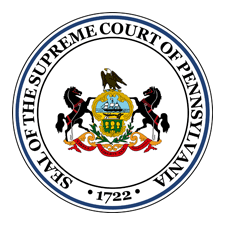This is both a stockholders’ class action on behalf of the stockholders of Sovereign Bancorp, Inc. and a derivative action on behalf of Sovereign. The action is brought to enjoin the proposed buyout by Sovereign’s controlling shareholder, Banco Santander, S.A. of the shares of Sovereign’s common stock it does not already own, pursuant to a Transaction Agreement dated as of October 13, 2008. At the time it was announced, the deal valued Sovereign at
approximately $3.81 per share, representing no premium to Sovereign’s trading price as of
Friday, October 10. In the weeks since the Proposed Merger was announced, the implied
price per share has decreased significantly.
The Proposed Merger is the product of a flawed process that has resulted in a
proposed transaction at a woefully inadequate and unfair price. By its own admission, the
Sovereign Board did not seek to maximize shareholder value by seeking other potential
buyers. Instead, a committee of Board members reached out only to Santander, and did
everything it could to facilitate a rushed offer only from Santander, in a manner that
precluded the possibility of any superior deal for the Company and its shareholders.
After briefings, hearings and a trial a settlement was reached and was finalized on January 21, 2009 with a scheduled hearing on April 2, 2009.
Shareholder Derivative Complaint
Notice to Class







 Michael D. Donovan Selected to Pennsylvania Super Lawyers 2004-2025
Michael D. Donovan Selected to Pennsylvania Super Lawyers 2004-2025